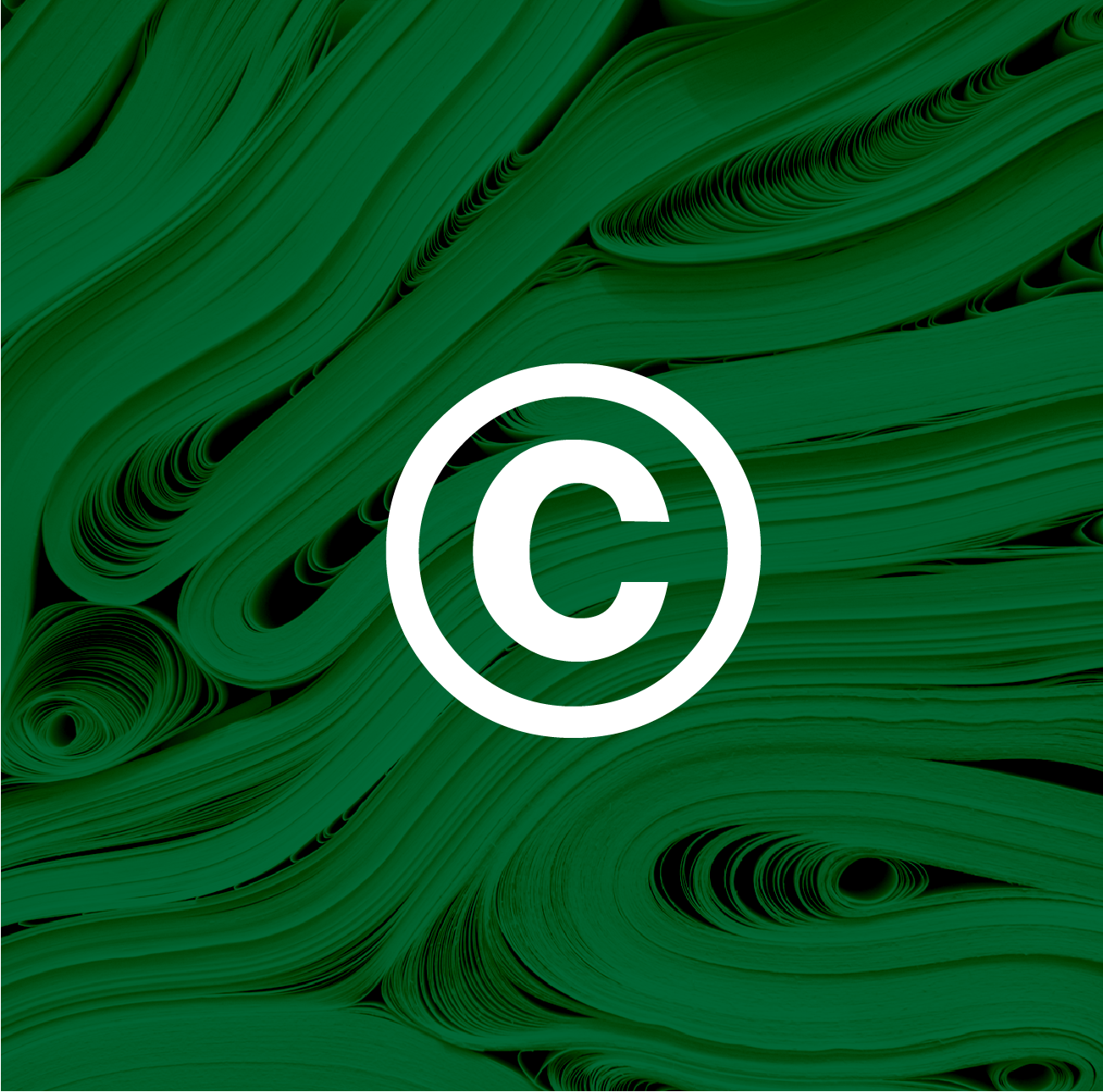Graduate students, like everyone else at the University, are both users and creators of copyrighted materials. As such, their need to understand their rights and responsibilities, as well as opportunities, under copyright law, is important. Having pursued their educational career beyond the undergraduate degree signifies an intent to more fully participate in the scholarly discourse occurring in their field of choice. If nothing else, they certainly face the challenge of authoring either a Master's thesis or PhD dissertation and that will require decisions about use and possible incorporation of portions of previously written materials within their own work. Once their scholarly work is created, they will also need an understanding of how to responsibly manage their own copyrighted material (whether they realize it is copyrighted automatically or not). Many graduate students intend to publish their theses or dissertations, or portions thereof, necessitating an understanding the language of publication agreements and how they may need to modify them to meet future potential uses.
Copyright Resources for Graduate Students
- UNCC Basic Copyright Tutorial
- Copyright Law and Graduate Research: New Media, New Rights, and Your New Dissertation by Kenneth D. Crews (Currently unavailable; New edition coming soon.)
- Virginia Tech Copyright Information for Authors, Researchers, and Scholars
- The NCSU Graduate School Responsible Conduct of Research Ethics Modules: Intellectual Property and Copyright [Module 8 in green box left side]
- Changing Scholarly Publishing: A Guide for Graduate Students
Frequently Asked Questions for Graduate Students
1. I am using third party materials (someone else's work) in my thesis or dissertation. For example, I want to use a figure(s), image(s), photo(s), graphic(s), etc. I found the work from a textbook, published journal article, or the web. Do I need permission?
Response: This question (and its variations) is the most frequently asked question received from graduate students at UNC Charlotte. First, all of these types of works are likely copyrighted regardless of their source, unless they are in the public domain. &It does not matter if there is a copyright notice on the work or not; the notice isn't required any more.
- Check to see if there is any sort of "license" or "Creative Commons" license attached to the work you wish to use that might anticipate your use and allow it. [Like a "Terms and Conditions" statement that allows nonprofit educational use, for example]
- Otherwise, in order to use the work, it must qualify as a fair use or you must seek permission.
- Although you must conduct the fact-driven fair use analysis yourself in a good faith reasonable fashion, there is a good chance that your proposed use is a fair use for purposes of inclusion in your thesis or dissertation. However, should you plan to later publish your work, that may alter the analysis (4th factor) so much as to remove it from fair use. Also, your publisher may simply require permissions for anything not original to you. If publication is your intent, it may be simpler to obtain the permission early on.
Short Answer: Probably a fair use if "just" a thesis or dissertation; Probably need permission if intend to publish.
2. Can I use my own previously published materials in my thesis or dissertation?
Response: Another common question from graduate students is whether previously published chapters or articles, authored by the graduate student, can be scanned into the thesis or dissertation, without permission of the publisher, but with proper citation and attribution? The answer depends on the publication agreement you signed with the publisher in order to have your chapters or articles published. You will need to find that agreement and review the paragraph addressing copyright transfer or assignment. If you have transferred the copyright in your article or chapter to the publisher without retaining any use rights for yourself, you are no longer the copyright holder. You will need permission from the copyright holder (your publisher) in order to use the published material in your thesis or dissertation.
3. Does placement of your thesis or dissertation in an ETD repository constitute "prior publication:
Response: There is no uniform answer to this question. As universities increasingly move to mandatory electronic submission and online storage of theses and dissertations, more and more publishers are taking the view that it does not constitute prior publication. But the only way to know for sure is to check with the journal that has accepted your work.
4. Does UNC-Charlotte have any ownership interest in your thesis or dissertation?
Response: If your thesis or dissertation was authored entirely by you and no one else at UNC-Charlotte, you are the copyright holder of your work. UNC-Charlotte's Copyright Policy does provide that UNC-Charlotte acquires "a non-exclusive, perpetual, world-wide, royalty-free right and license to reproduce and publicly or privately display, distribute or perform each Student Work for the University's own non-commercial educational purposes. The University's right and license in this paragraph is subject to the student's privacy rights under federal law. Other exceptions may be granted when the student offers the work to the Office of Technology Transfer for commercialization." For you, this grant and license basically serves the function of allowing the posting of your work in an ETD system, E-reserves, and so forth. The existence of this grant and license should be disclosed to any entity to whom you are transferring or assigning your copyright.
5. What do I need to know about copyright in publishing agreements?
Response: Publishing agreements almost universally contain some kind of clause transferring all rights, etc., to the publisher. This is not valid until signed by you, the copyright holder. When you transfer "all rights", you are giving up the entire bundle of copyrights, including not only the right to reproduce the work, but also the right to make derivative works.

